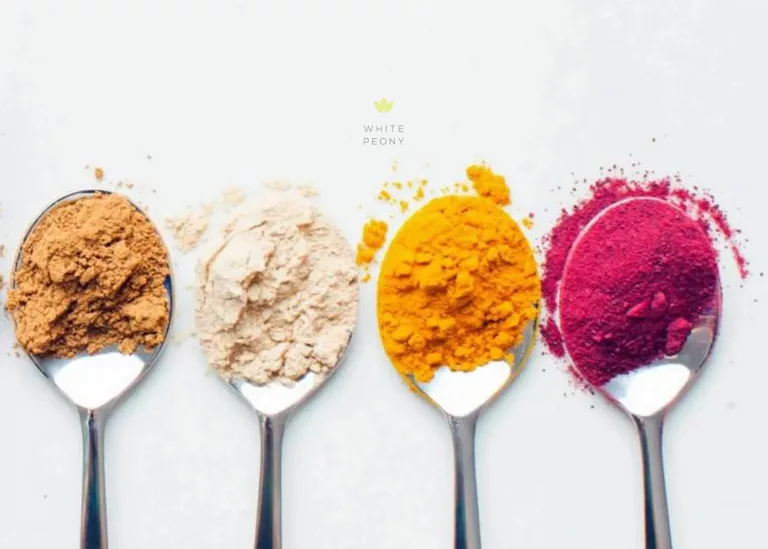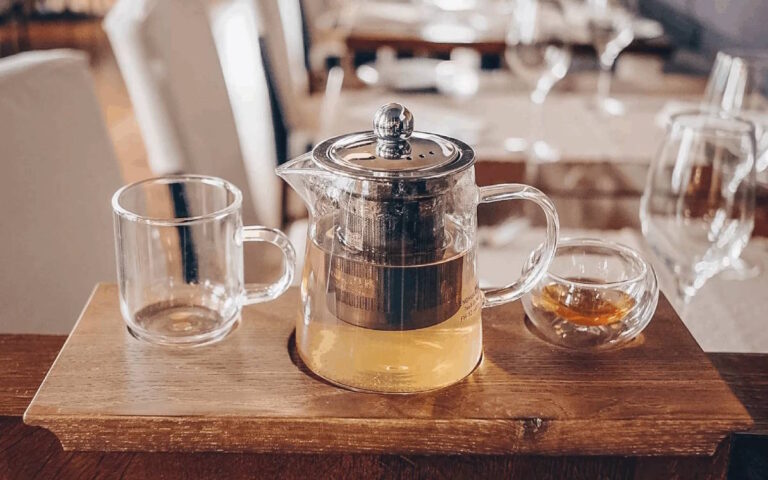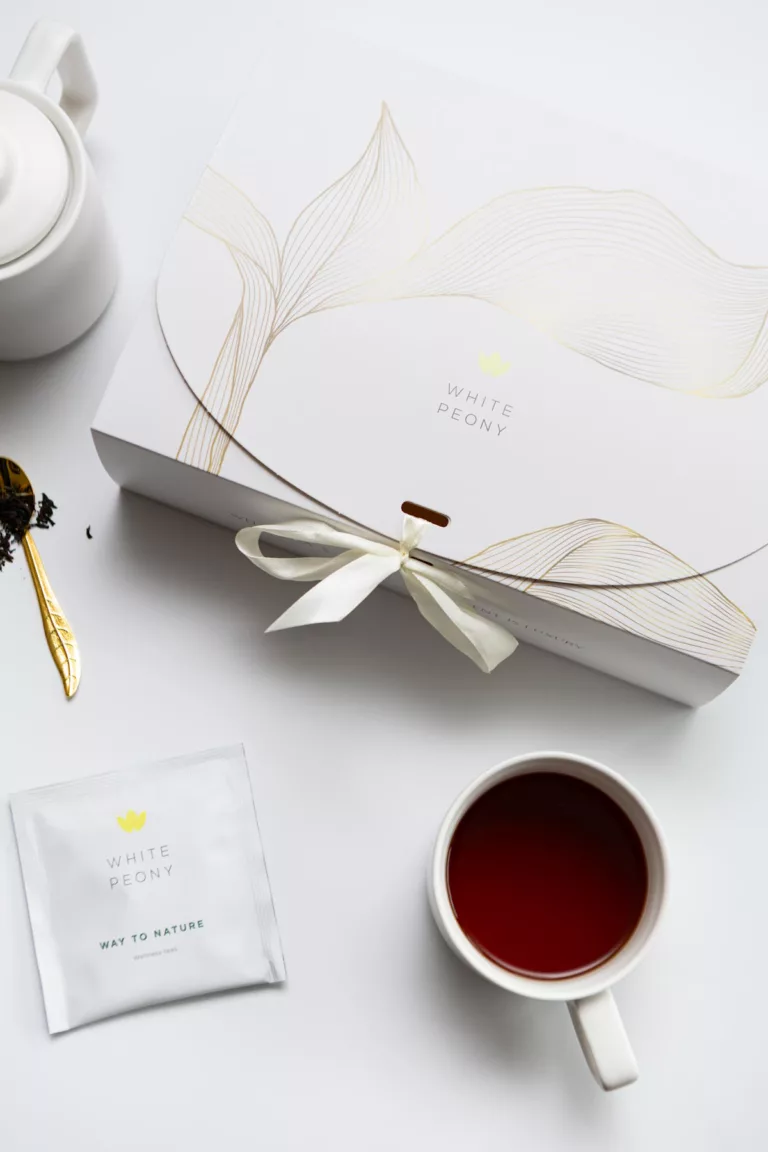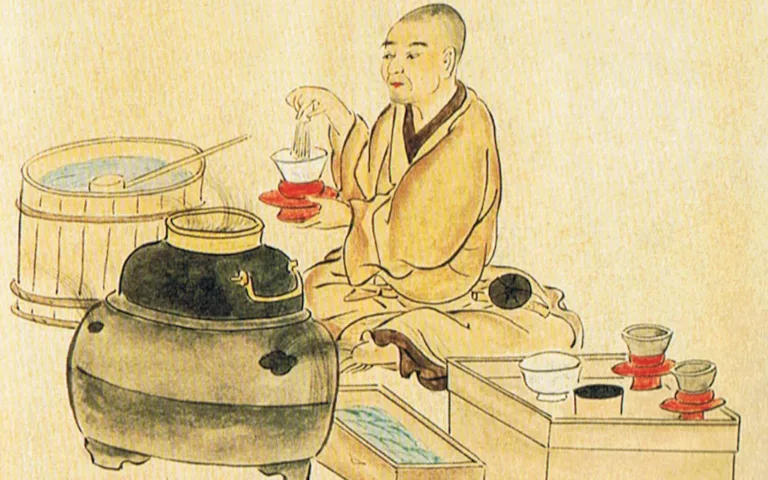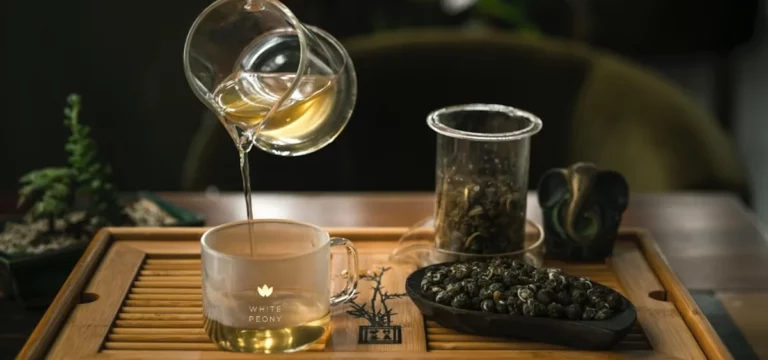Mini-Story 1: 陈韵 (chén yùn) — the taste of aging
Old Yun woke up every day at dawn. He was a tea master, though no one really knew that — most took him for a slightly weathered hermit with fire in his eyes and a gentle stoop, like an ancient tree that had endured three seasons of storms and one of love.
He kept a small puck of sheng pu-erh in a clay jar, wrapped in paper with faded calligraphy. He said it was “tea for speaking with ancestors.” No one understood why he drank it alone, staring at the old bridge where no foot had stepped in years.
“Is it still tasty?” a city-born student once asked. “Isn’t it, like… old?”
The old man chuckled, watching the leaves unfold in the gaiwan, as if remembering.
“Son, chén yùn is when tea doesn’t just smell — it speaks. It speaks of silence, of time, of forgiveness you forgot to give yourself twenty years ago. Fresh tea is like a young poet — loud, sharp, rebellious. Aged tea is like a sage in a cave. Doesn’t shout. Just waits… for you to ripen.”
He poured the brew into the gōng dào bēi and offered a cup. The steam was soft, like an exhale after a long prayer. The taste — timeless.
The student nodded silently. He understood. Or almost did.
Mini-Story 2: 茶气 (chá qì) — tea energy
Once, a wanderer named Mo Zhi got lost in the Wuyi Mountains. He wasn’t weak — twenty years of tai chi behind him, dozens of scrolls read, and one failed attempt at enlightenment. The mountains greeted him with the same warmth as stone greets a raindrop.
On the third day, he stumbled upon a hut where an old woman was brewing oolong. She didn’t ask who he was, nor offered food or shelter. She simply poured him a cup and said:
“Drink. Only tea speaks here.”
He sipped. And everything changed.
First — heat in his chest. Then — pulse in his palms, as if his body remembered it held not just blood, but wind, fire, and water. The tea leaves danced in his belly like ancient ideograms. The world didn’t become different — it became clear.
“What was that?” he whispered, catching his breath.
“Chá qì,” the woman replied. “Tea’s qi. Some spend a lifetime looking for it. Others just forgot it was always inside.”
He stayed for seven days. Then left — without a map, but with direction.
Mini-Story 3: 回甘 (huí gān) — sweet aftertaste
In the Kunming tea market, a vendor named Lao Bei sold sheng pu-erh with a face that looked like every sale cost him a piece of his soul. Rumor had it he used to be a poet, until he gave up on words and turned to tea — because unlike words, tea doesn’t lie.
One day, a young man approached, took a sip, and winced:
“Bitter. Like your life.”
Lao Bei smirked and poured the second infusion.
“Wait. A good tea, like good pain, always brings huí gān.”
The boy tried again. And sure enough — after the bitterness came an elusive sweetness, like a stranger’s kindness on a rainy day. Not loud. Just there.
“What is that?”
“Aftertaste,” Lao Bei said. “Fools chase it in the first sip. Idiots in the third. The wise just drink and wait.”
The boy remembered the taste. And the lesson too.
Ten years later, after betrayal, loss, and two relocations, he returned to buy tea from the old man. He didn’t ask the price.
He knew: huí gān doesn’t come when you want it — it comes when you’re ready.
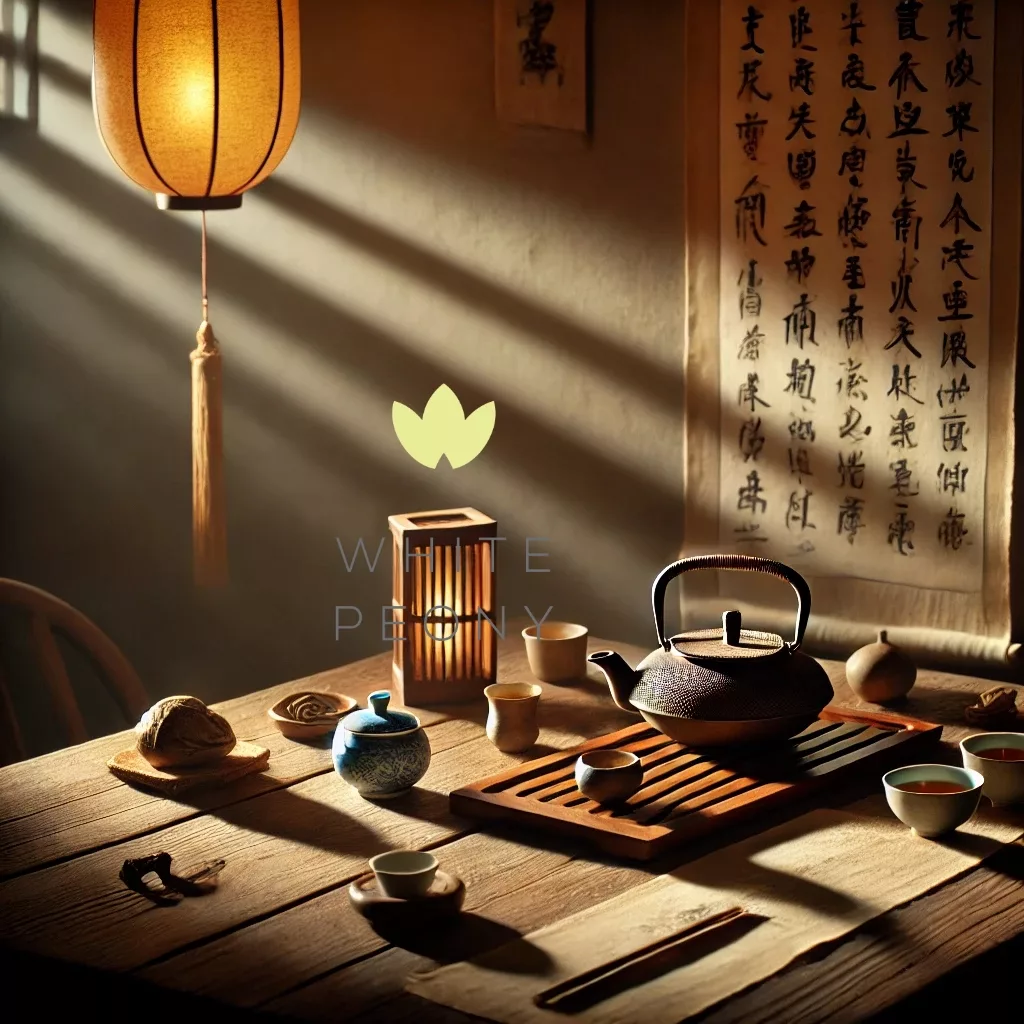
Explore the rich vocabulary of tea – subscribe and deepen your understanding.

